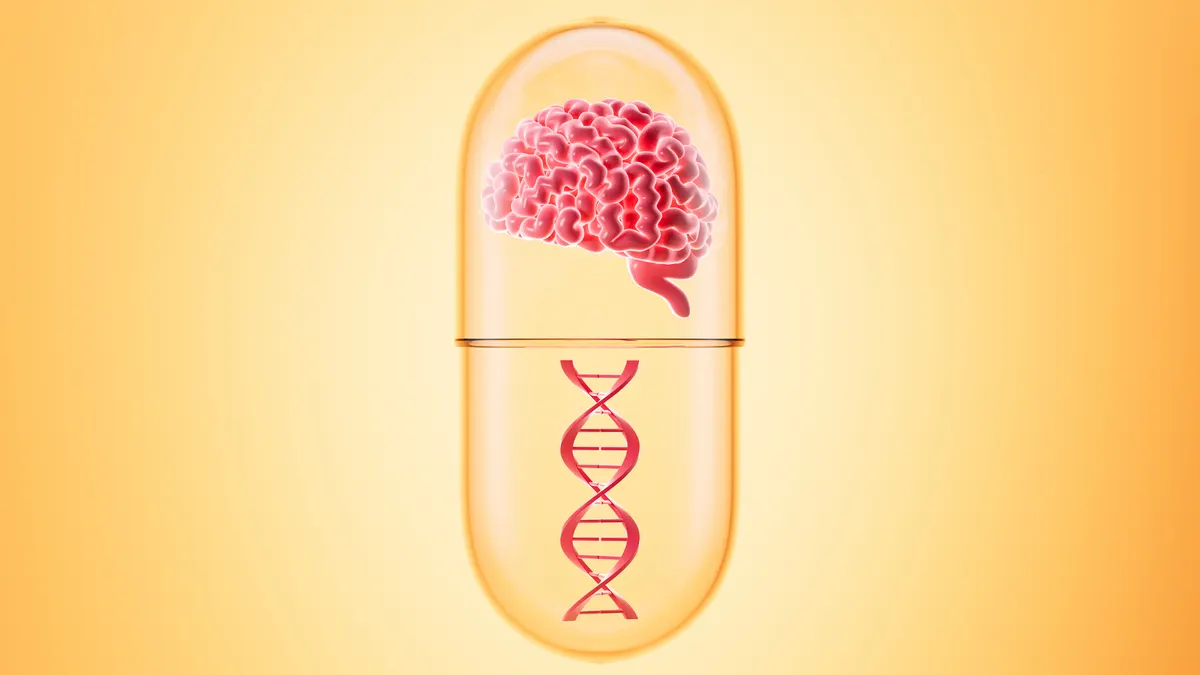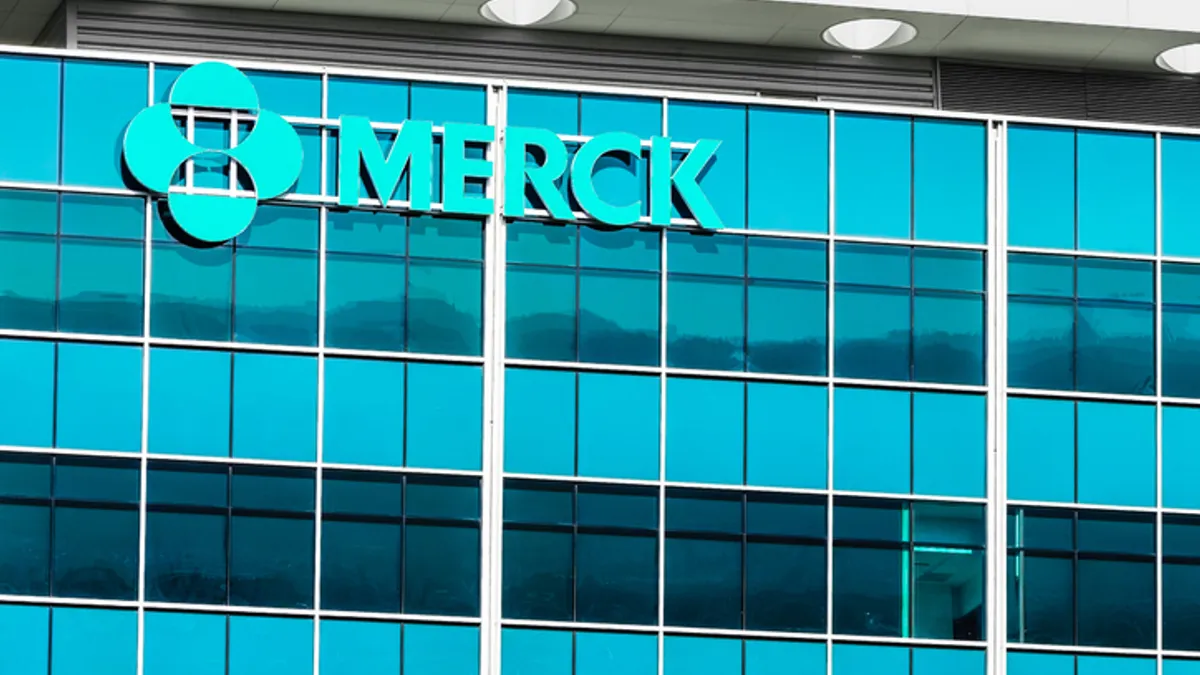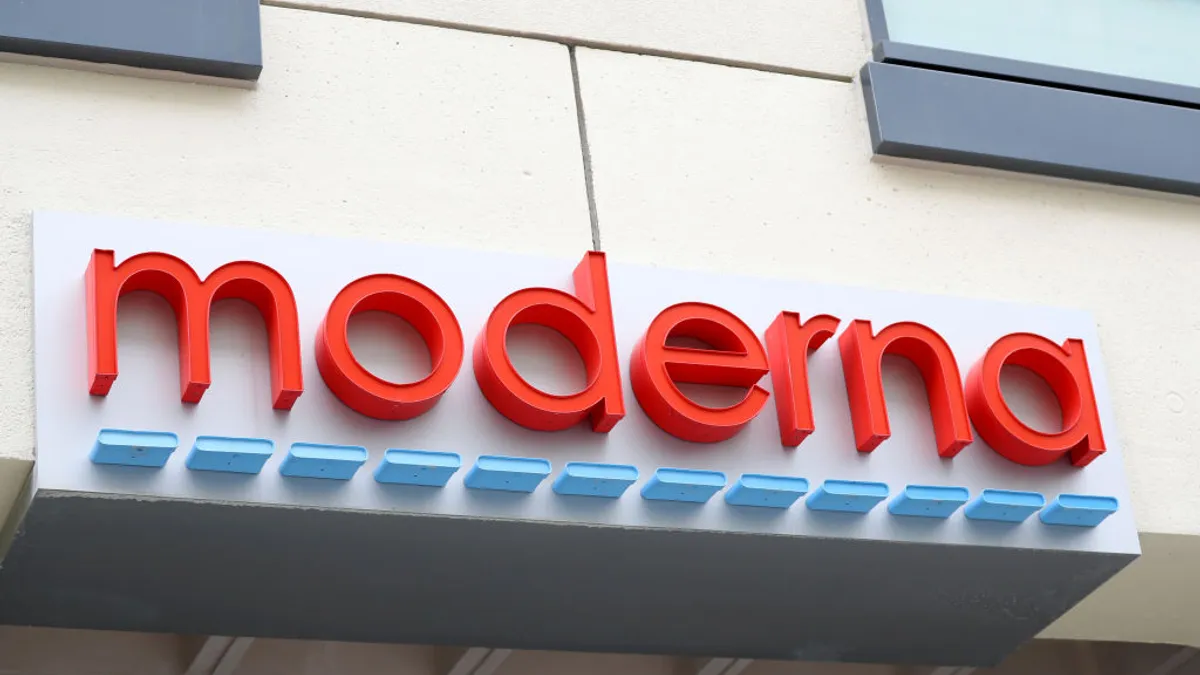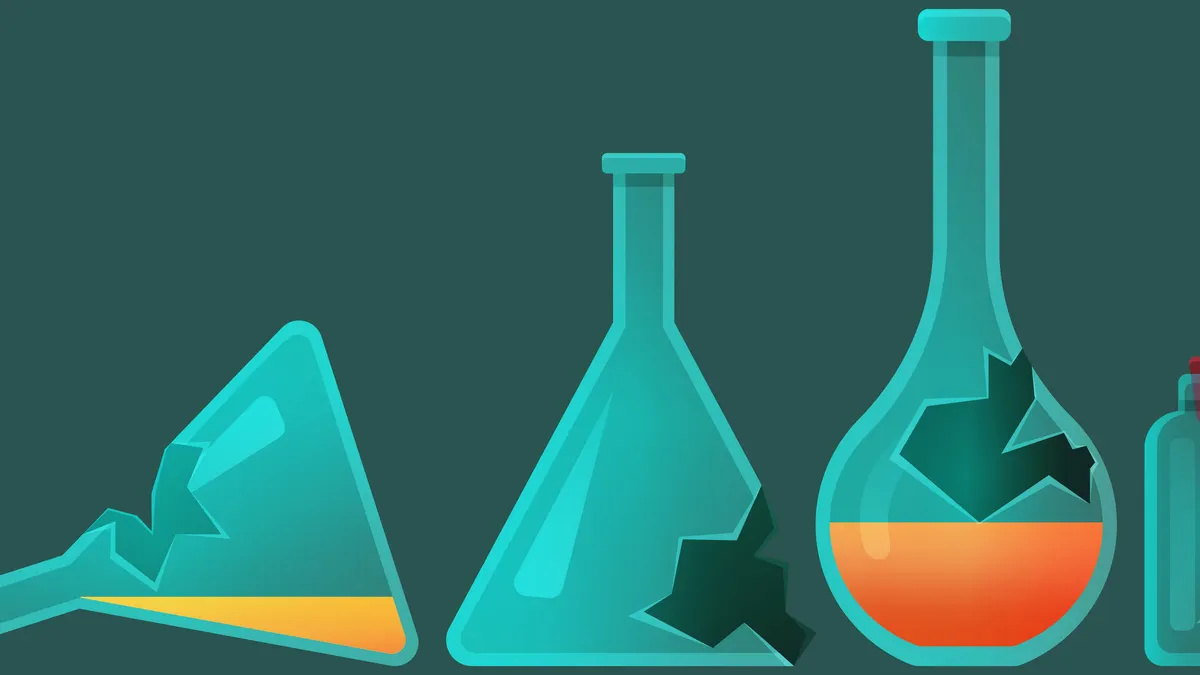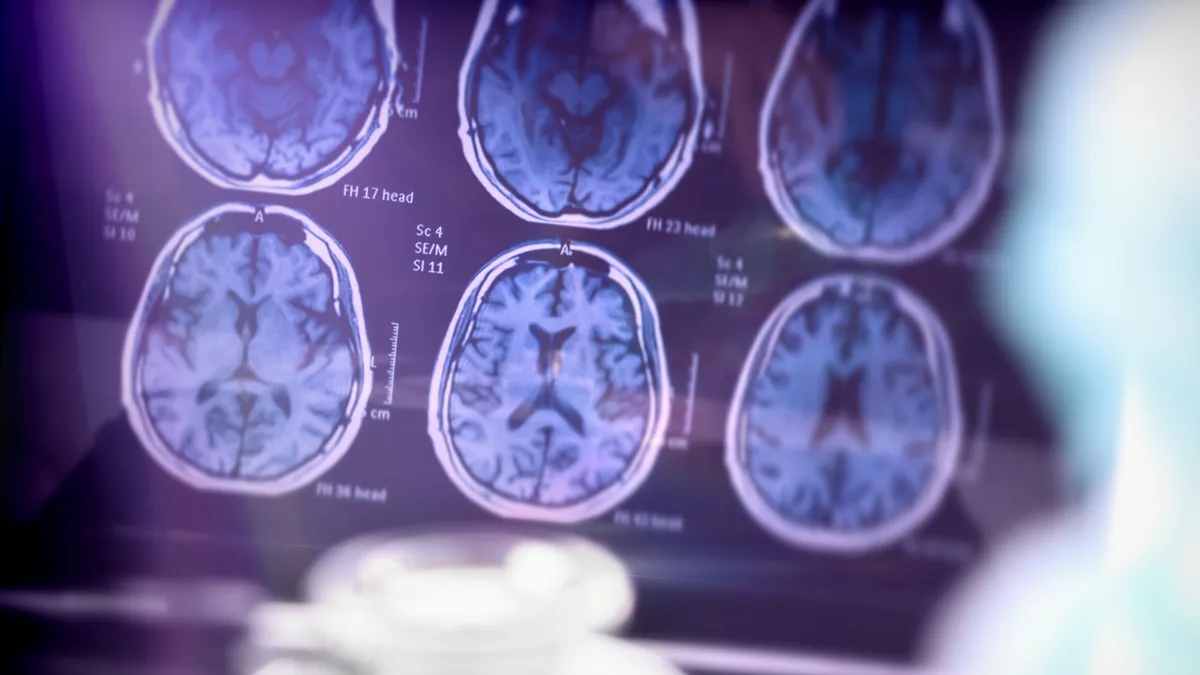The Huntington’s disease community celebrated a much-needed win last month when results for a gene therapy demonstrated slowed disease progression for the vexing neurological disorder.
The phase 1/2 readout for uniQure’s AMT-130 not only buoyed hopes for a disease-modifying option, but gave the larger field a boost by renewing confidence for a central hypothesis in Huntington's research: that lowering levels of a toxic protein can help keep symptoms at bay.
“Beyond UniQure, the pipeline includes highly promising approaches that will ideally move the goal from merely managing symptoms to effectively controlling the disease,” Amy Gray, president and CEO of the Huntington's Disease Society of America, said in an email.
Huntington’s research has been beset by a series of demoralizing drug failures. For a time, it appeared that uniQure’s one-and-done gene therapy might join the discard pile.
In 2022, the phase 1/2 trial ground to a halt when three patients in the high-dose treatment arm experienced serious neurological side effects, believed to be related to the surgical procedure that delivers the therapy deep into the most affected part of the brain. However, the three affected participants recovered and the trial continued.
The uniQure gene therapy uses a viral vector to deliver a gene encoding an miRNA designed to bind to and reduce levels of the huntingtin protein, which is crucial for proper nerve function. Huntington’s is linked to a mutation in the huntingtin gene, and people with the condition produce a mutated form of the protein, which creates damaging clumps in the brain that are thought to drive the disease. Unlike other treatments, such as Wave Life Sciences’ WVE-003, an allele-selective antisense oligonucleotide that is now preparing to move into a registrational global trial, AMT-130 doesn’t distinguish between healthy and mutant forms of the protein. Instead, it aims to reduce both. It’s not yet clear if reducing levels of the healthy protein will have downstream effects.
The recent uniQure trial met its primary endpoint by reducing disease progression on a standard composite scale by 75% over 30 months. Progression was compared against an external control group of similar patients from a Huntington’s disease registry.
“I believe these groundbreaking data are the most convincing in the field to date and underscore potential disease-modifying effects in Huntington’s disease, where an urgent need persists,” said Dr. Sarah Tabrizi, professor of clinical neurology, director of the University College London Huntington’s Disease Centre and joint head of the department of neurodegenerative disease, in a written release.
UniQure’s drug is one of several Huntington’s contenders that target the huntingtin protein, although their methods vary. PTC Therapeutics is developing a small-molecule drug, PTC-518, now in phase 2. It also saw some recent success, hitting its primary endpoint of reducing levels of huntingtin protein in the blood in a 12-week trial.
Roche and Ionis Pharmaceuticals are continuing development for their huntingtin-lowering drug tominersen, while looking to find its niche after a phase 3 failure in 2021. The drug originally appeared to worsen symptoms with the most frequent doses, however, later analysis showed a potential benefit in a subset of younger, earlier-stage patients. A targeted trial with that group is ongoing.
Where the gene therapy goes from here
Going forward, uniQure will need to prove AMT-130 can deliver results more broadly than the small group of 29 patients in its recent trial. Questions also remain about whether the disease modifying effects will be durable over time or if new safety issues might arise.
Dr. Walid Abi-Saab, the chief medical officer of uniQure, said in a press release that company officials believe the drug has the potential to transform treatment for people with Huntington’s, and uniQure is aiming to apply for FDA approval in the first quarter of 2026, which could lead to a launch later in the year. But scaling the drug to reach more patients will be a challenge, and like many one-time gene therapies, AMT-130 is expected to come at a high price, potentially raising affordability issues.
But this is not uniQure’s first gene therapy. The company gained approval in 2022 of the world’s first gene therapy for hemophilia B, Hemgenix, which was commercialized by CSL Behring.
If AMT-130’s results stand up over time, people who experience the debilitating and progressive cognitive, motor and psychiatric symptoms of the disease, could gain years of independence and function beyond what they normally expect, Gray said.
“However, we are very mindful that there are additional steps ahead and these topline results are results from a trial, not an approved therapy yet,” she noted.


